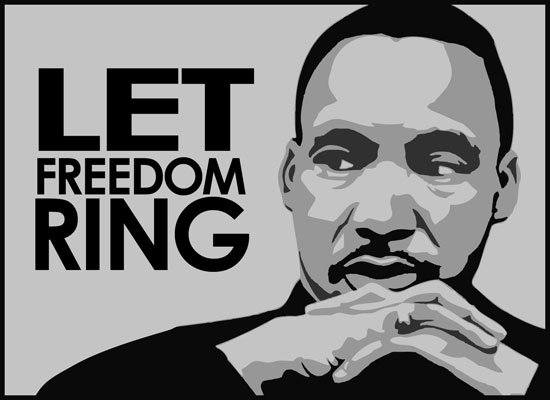In Birmingham, Alabama, the Police Commissioner for Public Safety, Eugene “Bull” Connor, forbade any future nonviolent protests regarding desegregation. His reasoning was apparently the fear that it would inevitably lead to bloodshed and destruction. On April 12, 1963, Dr. Martin Luther King continued with the nonviolent protest in Birmingham, despite these legalities, and was arrested by Connor for “demonstrating without a permit.”
In Birmingham jail, King not only received numerous calls from the parents of arrested teenagers participating in the protest, but read the upsetting Birmingham News that was printed shortly after the events. In the newspaper, King read an article ironically titled “Call for Unity”, written by eight clergymen. The men stated how disruptive the protest had been to the area, villainized King, and illustrated the law enforcement as the community heroes who restored peace to the city. This paper is what prompted King to write the famous “Letter from Birmingham Jail.” In this letter, Dr. King outlines the four steps that must be achieved within a nonviolent campaign.
Dr. King’s four steps to a nonviolent campaign include identifying and proving the existence of injustices, negotiation, self-purification, and direct action.
In order to identify the injustices taking place, one must be able to define an injustice. King states that the difference between a just law and an unjust law is it’s alignment with moral law. Segregation, for example, imposes a system based on corrupt morals leading to “degraded human personality.” Unjust law creates a false dynamic of superior and inferior where a minority feels enslaved by the majority and the majority feels justified in their corruption.
The negotiation stage is an essential aspect of the nonviolent concept. Peaceful, respectable negotiation was his goal for political change and sometimes can only be achieved after action.
The self-purification step entails questioning your own moral strength and whether you can withstand the violence inflicted upon you without retaliating. I can assume it also means to cleanse yourself of any injustices, especially regarding your cause, as any further action would be ones of hypocrisy.
The last stage is direct action. Nonviolent direct action fosters tension, which in turn fosters the need for negotiation amongst a group or community that previously refused negotiation. Tension is what expands minds, challenges past traditions, and installs societal change. Without tension new ideas can’t be introduced and peaceful betterment can’t be achieved.
